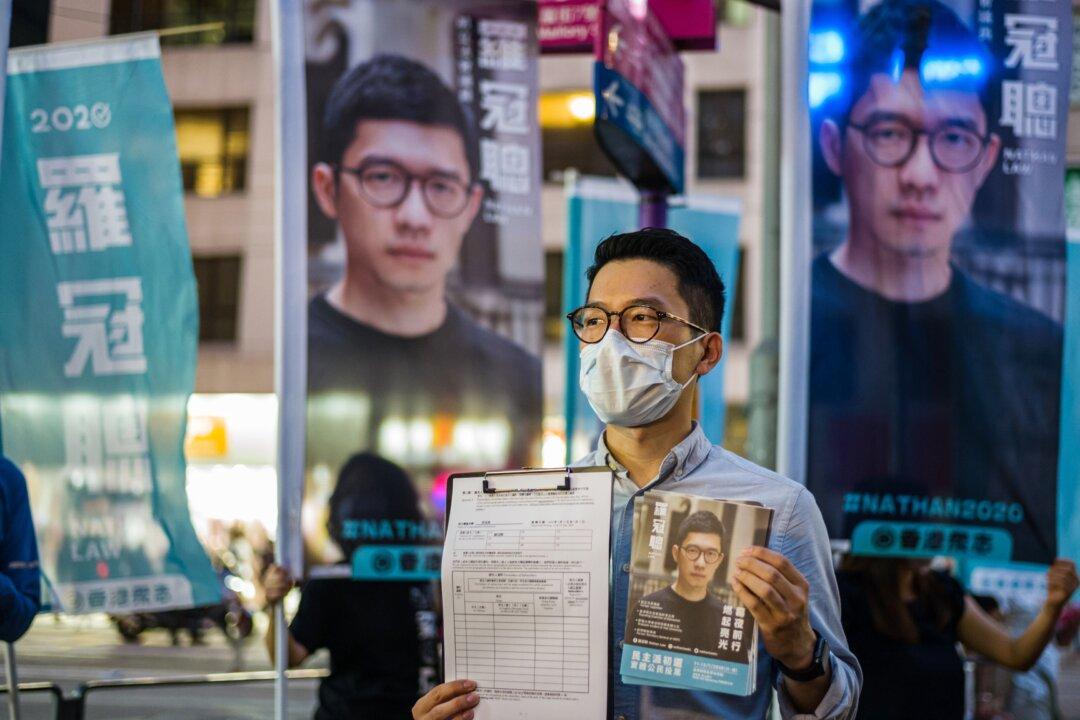Commentary
The news of Hong Kong pro-democracy activist Nathan Law cutting ties with his family was reported by a number of media outlets in mainland China, and became at one time the most searched item on China’s search engine Baidu.

The news of Hong Kong pro-democracy activist Nathan Law cutting ties with his family was reported by a number of media outlets in mainland China, and became at one time the most searched item on China’s search engine Baidu.